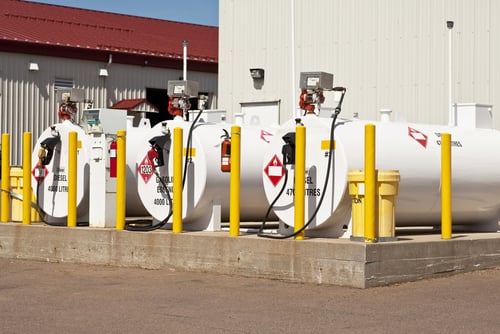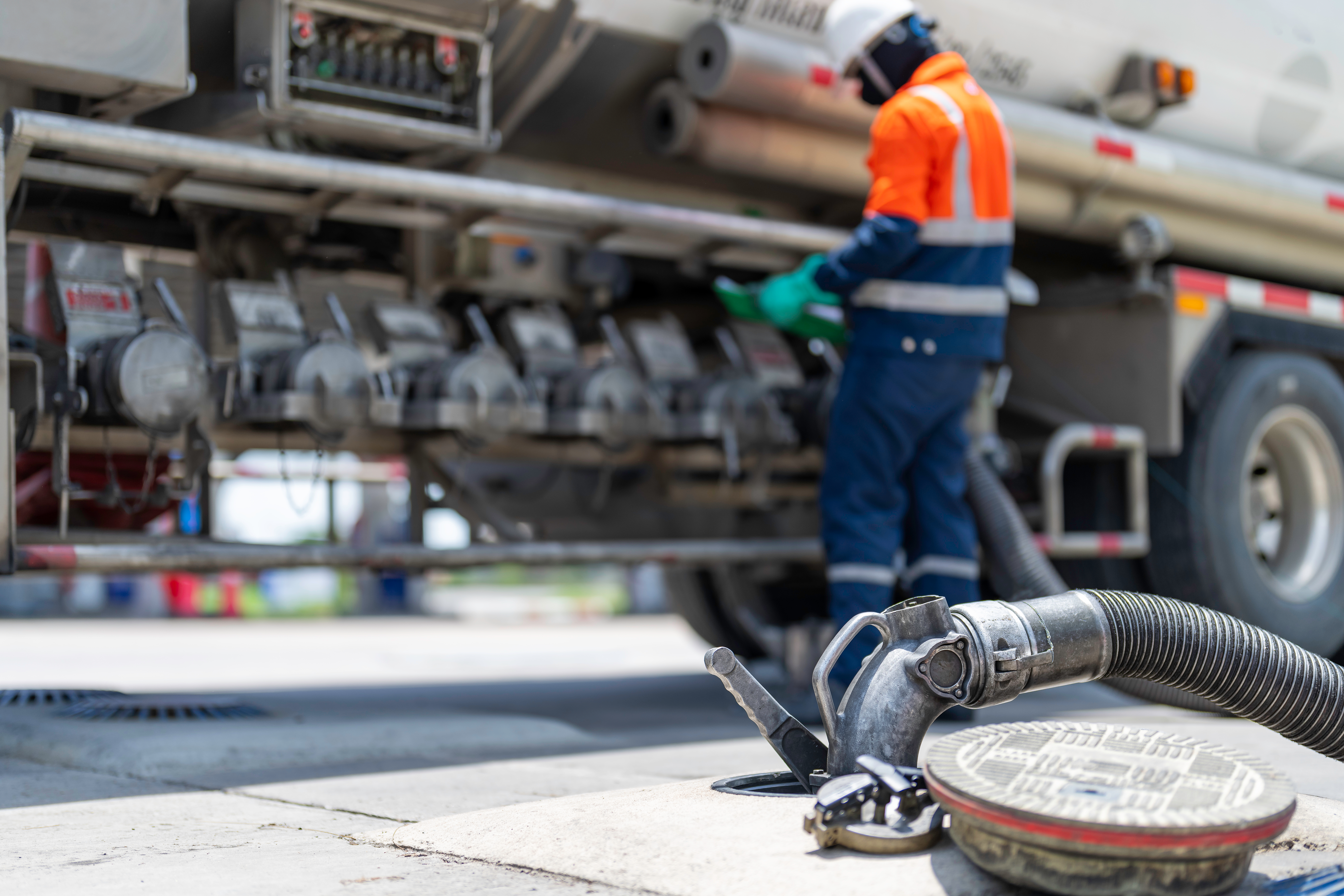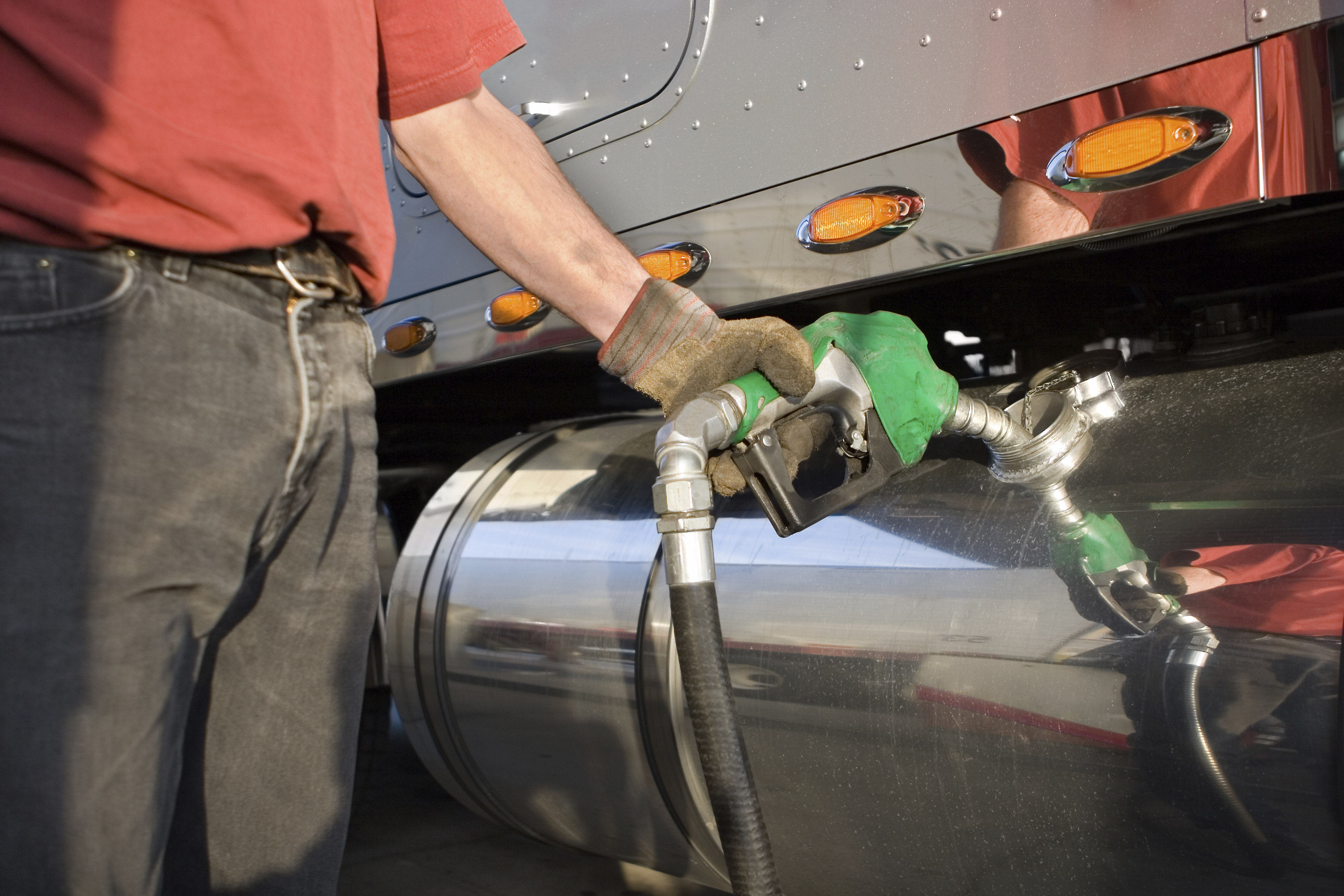Fuel Storage Safety: Essential Best Practices for Your Business
Hey there! If you're running a business that requires fuel storage, then safety should be one of your top priorities. Properly managing fuel storage isn't just about preventing accidents; it's also about protecting the environment and the well-being of your employees. To help you get started, we've compiled a list of best practices to ensure your fuel storage is safe and secure. Let's dive in!
Choose the Right Storage Tank
Selecting the appropriate storage tank for your specific fuel type is crucial. Be sure to choose a tank designed to prevent leaks and corrosion. This means looking for tanks made of materials compatible with the fuel you're storing and checking for appropriate certifications. Additionally, consider the size of the tank and whether it can accommodate the volume of fuel you need to store. Investing in a high-quality tank will save you money in the long run by avoiding potential issues down the road.
Regular Maintenance and Inspections
Just like any other piece of equipment, your storage tanks require regular maintenance and inspections. This helps you detect any potential issues early on and ensures the tank's longevity and safety. Set up a schedule for routine inspections, checking for signs of corrosion, leaks, or other damage. Make sure you also maintain any associated equipment, such as valves, pipes, and gauges. Implementing a regular maintenance plan will keep your storage area safe and help you avoid costly repairs or replacements.
Spill Prevention Measures
Accidents happen, but you can minimize the risk of fuel spills by implementing prevention measures. Use containment trays, barriers, or berms around your storage tanks to prevent fuel from contaminating the environment in the event of a spill. These containment measures should be able to hold the entire volume of the tank plus any additional overflow. Regularly check the containment systems for any signs of wear or damage.
Keep Spill Kits on Hand
Despite your best efforts, spills can still occur. Being prepared with spill kits on hand allows for a quick response in case of an incident. Spill kits typically include absorbent materials, containment booms, personal protective equipment, and clean-up tools. Train your employees on how to use the spill kits and ensure they know where they're located. Swift action in the event of a spill can minimize damage and reduce the risk of accidents.
Conduct Regular Inspections
We can't stress enough the importance of regular inspections! In addition to routine maintenance, schedule thorough inspections of your fuel storage tanks, piping, and other components. This will help you identify potential issues before they become significant problems. Keep a log of your inspections, noting any findings and actions taken to address them.
Train Employees on Safety Procedures
Last but not least, train your employees in proper fuel handling, storage, and emergency response procedures. Regular training and refresher courses can help prevent accidents and improve overall safety. Ensure that all employees understand the hazards associated with fuel storage and handling, as well as the appropriate measures to take in case of an emergency.
Conclusion
Proper fuel storage safety is essential for the success and security of your business. By following these best practices, you can minimize risks, protect the environment, and ensure the well-being of your employees. So, go ahead and implement these tips to make your fuel storage area safer and more efficient. Good luck!











